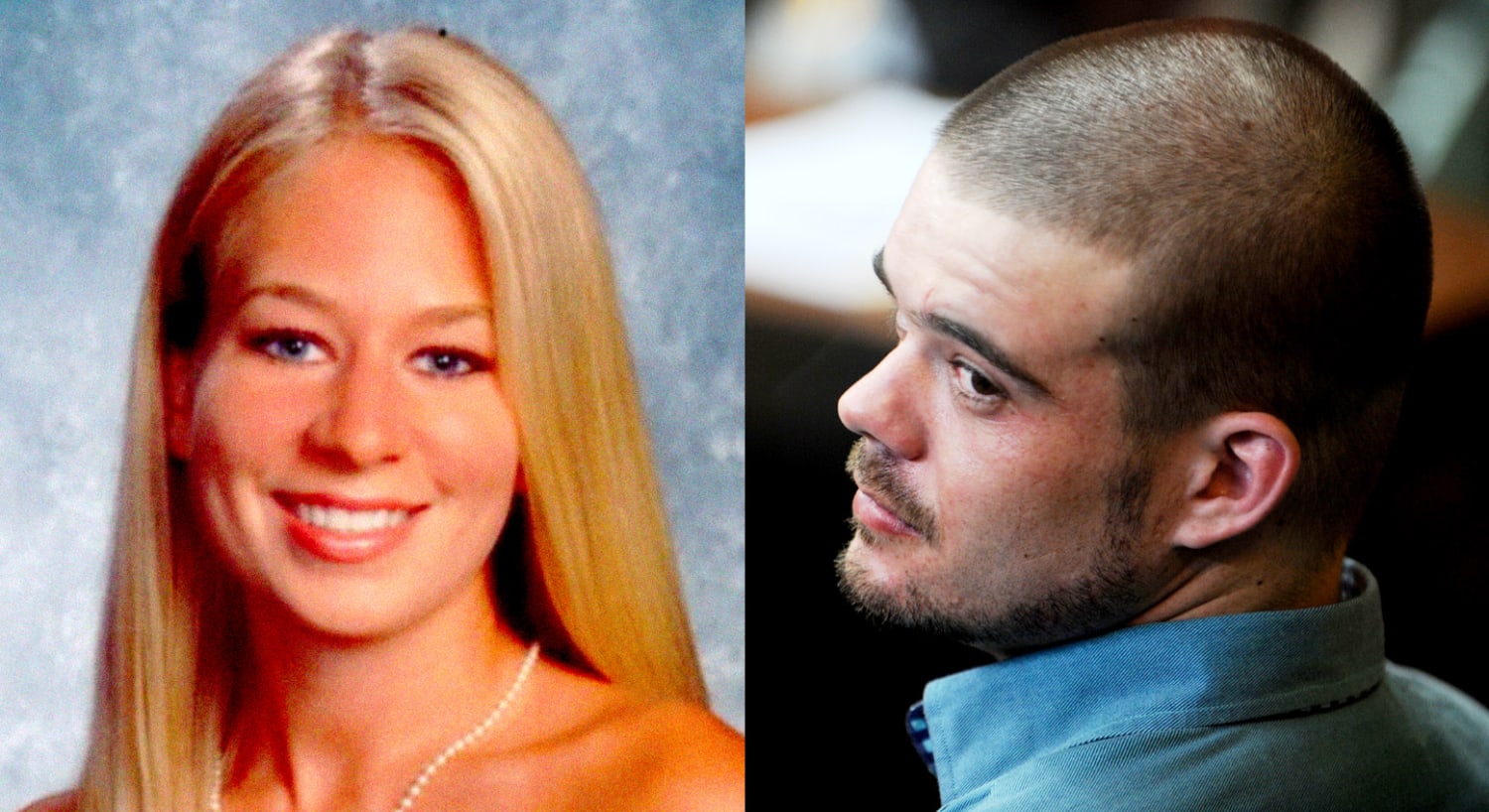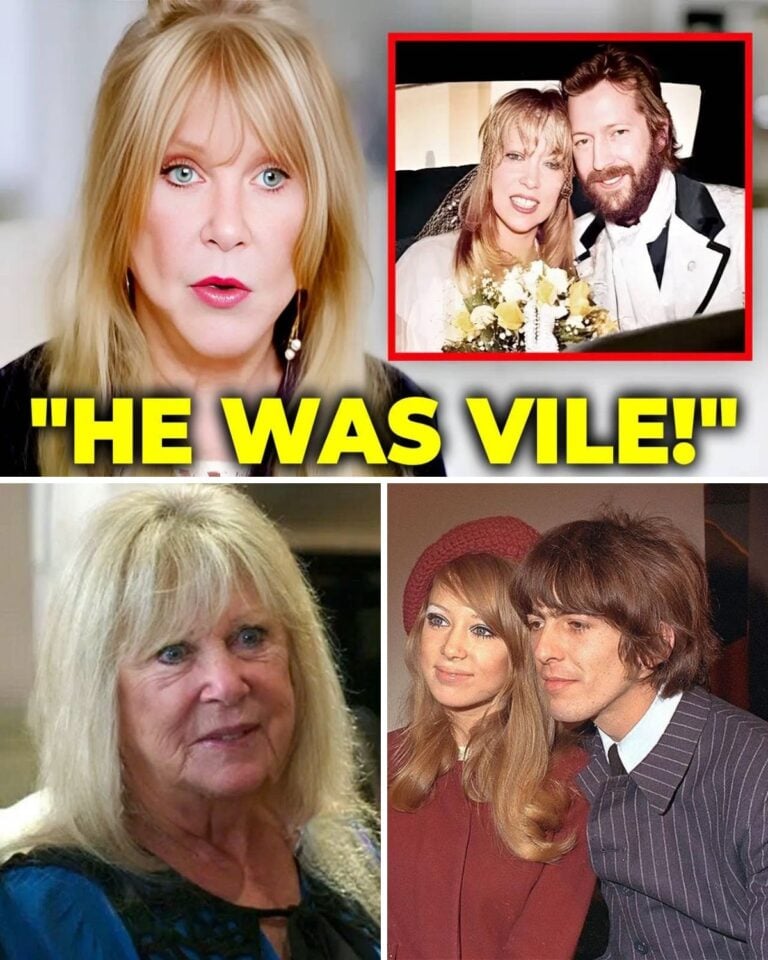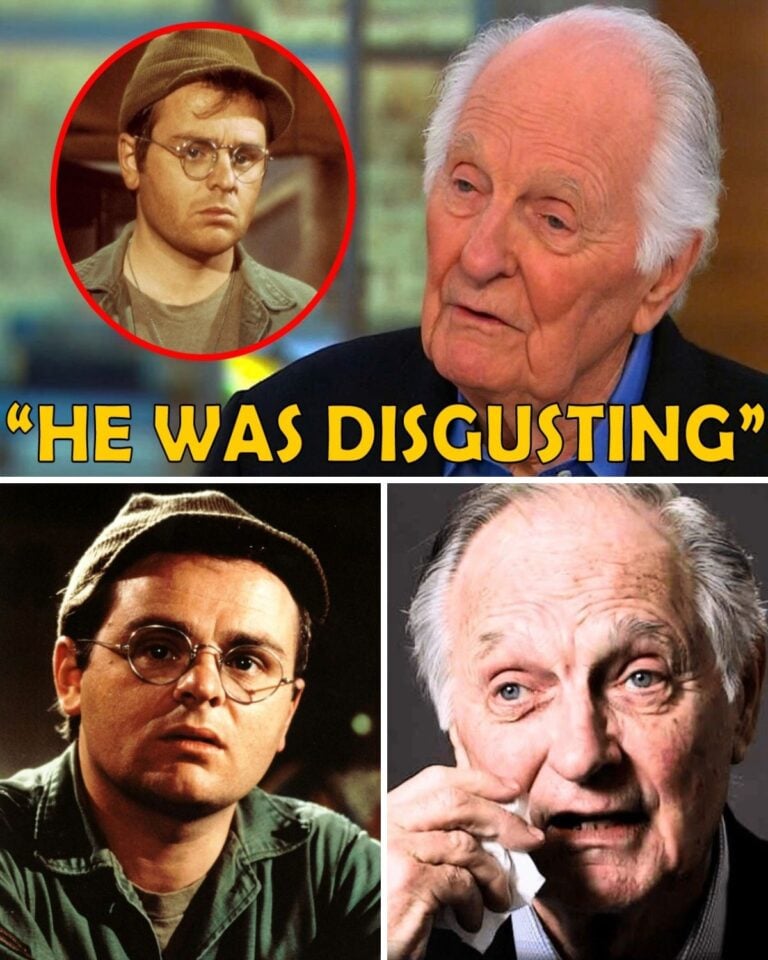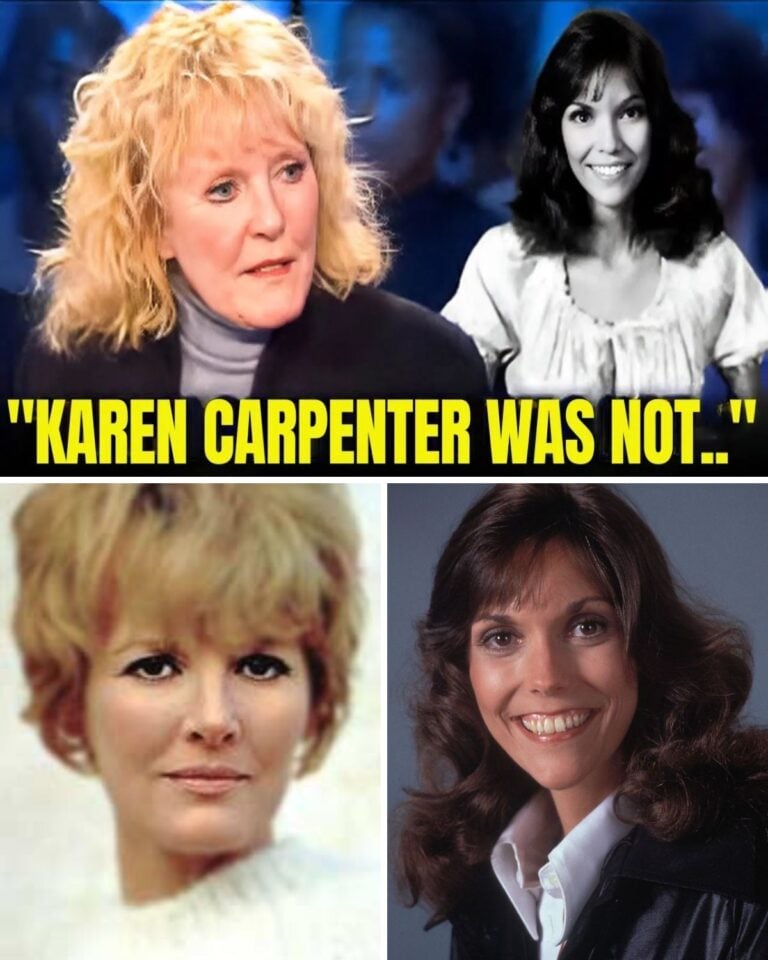Nearly twenty years after 18-year-old Natalie Holloway vanished into the warm Caribbean night, the truth has finally surfaced — and it is more horrifying than anyone ever imagined. In a stunning courtroom confession that has left the world reeling, Joran van der Sloot, the man long suspected of killing Holloway, admitted in chilling detail to the brutal crime that ended her life and ignited one of the most haunting mysteries of the modern era.

It was May 30, 2005, when Natalie — a bright, ambitious honors student from Mountain Brook, Alabama — disappeared during a high school graduation trip to Aruba. What began as a carefree island adventure turned into a global nightmare. The search that followed gripped the world: divers scoured the ocean floor, volunteers combed beaches, and entire communities held vigils under candlelight. But no body, no trace, no closure — only rumors, confusion, and heartbreak.
At the center of it all was Joran van der Sloot, a 17-year-old Dutch student whose name became synonymous with deceit. He was questioned, released, questioned again, and then let go as evidence slipped through the cracks. Years turned into decades, and the Holloway family — led by Natalie’s mother, Beth Holloway — refused to surrender. “I will never stop,” Beth declared, her determination becoming both a personal mission and a public crusade for justice.

But what van der Sloot revealed in 2023 was beyond what even the most hardened investigators could have anticipated. Under the terms of a plea deal related to extortion charges, he finally confessed — in cold, unflinching words — to killing Natalie after she rejected his sexual advances. According to the court transcript, he described how he struck her, then suffocated her, before dumping her body into the ocean under the cover of night. The courtroom fell silent as he recounted the horrifying sequence, his voice devoid of emotion, his face unrepentant.
For Beth Holloway, who has endured eighteen years of false leads, cruel hoaxes, and unbearable loss, this was the moment she had long both dreaded and demanded. Standing just feet away from her daughter’s killer, she faced him with trembling strength. “You have finally admitted what you did to her,” she said, her voice cracking but resolute. “You ended her life, but you will never destroy her legacy.”
The confession not only confirmed the darkest suspicions but also exposed years of systemic failure — a justice system that allowed van der Sloot to walk free long enough to murder another woman, Stephanie Flores, in Peru. The revelation has reignited global outrage, forcing painful questions about how such evil was able to slip through the cracks again and again.
Even now, Natalie’s body remains lost — swallowed by the waves that once glimmered under the moonlight she never saw again. For her family, the truth brings no peace, only the grim validation of what they have always known in their hearts.
“Now I can finally say — I know what happened to Natalie,” Beth Holloway said through tears. “But the pain doesn’t end. It never will.”
The Natalie Holloway case has closed in law — but not in spirit. It remains a story of a mother’s relentless fight, a nation’s obsession, and a tragedy that changed the way we see paradise. The confession may end the mystery, but the echoes of Natalie’s final night will haunt the world for generations to come.





